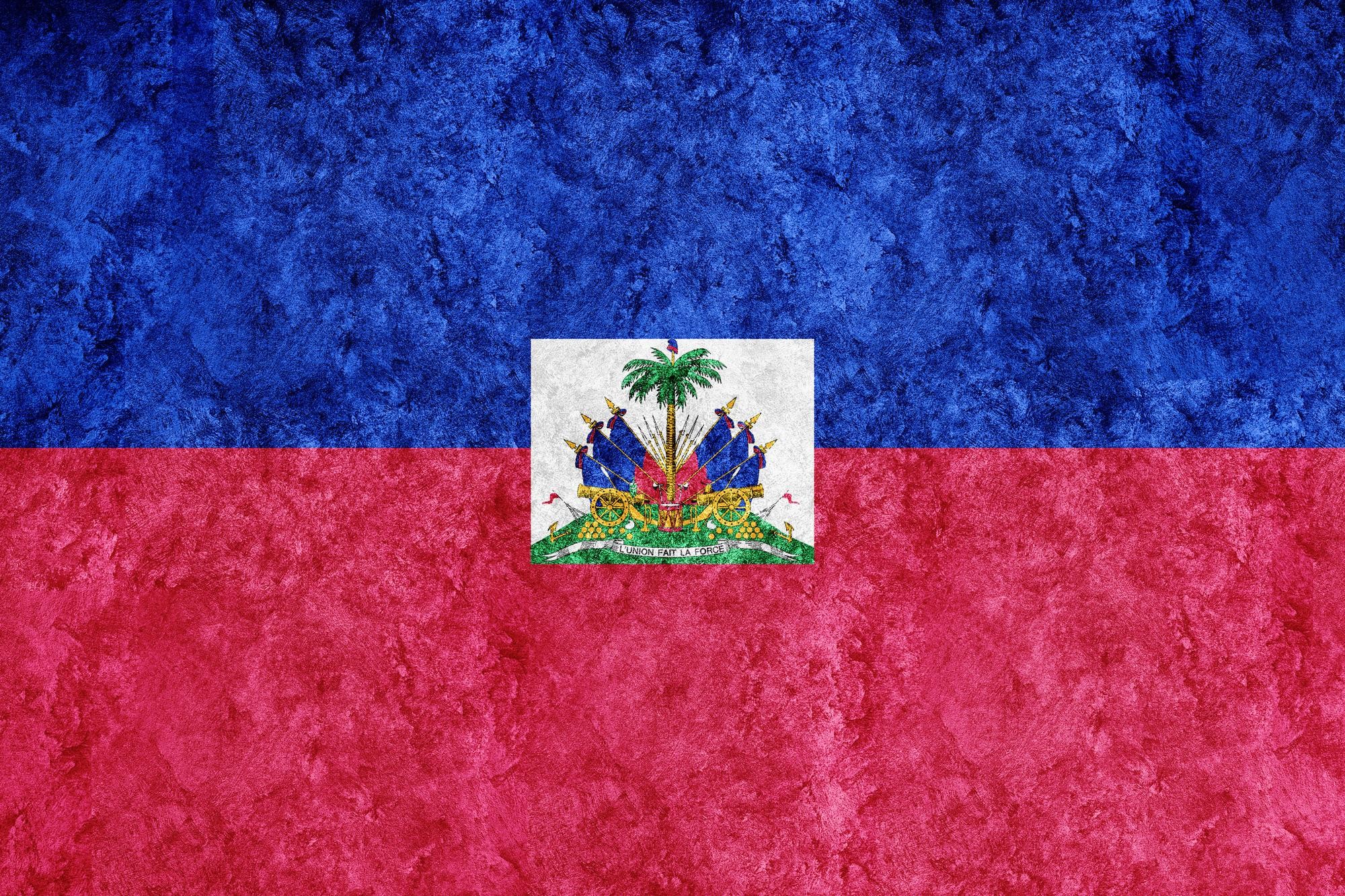
Haiti, on the other hand, has a rich cultural heritage, and although it still carries the scars of the 2010 earthquake, it is a beautiful country with many spectacular natural wonders to discover.
In Haiti, there are two official languages: French and Haitian Creole. While French is the official language of business and government in Haiti, Haitian Creole is spoken by almost the entire population, with French spoken by only around half of the population. Haiti’s population is estimated to be around 10 million people, with the majority identifying as Catholic.
The climate
Haiti has a tropical climate, but it is also located in the heart of the hurricane belt, which means it is subject to severe storms and potentially life-threatening weather from June to November each year. The country is also prone to flooding and drought, as well as earthquakes, the deadliest of which was the 2010 earthquake, which devastated many aspects of life in Haiti and continues to influence the country many years later.
Visas and residence permits
Only nationals of a few countries, including Colombia, the Dominican Republic, and Panama, require a visa to visit a country. People from these nations can enter Haiti without difficulty if they have a valid six-month visa from the United States, Schengen, or Canada. Visitors from other countries are permitted to stay for up to three months without the need for a visa or other papers.
You will need a residence permit (Permis de Sejour) from the Haitian Department of Immigration and Emigration for stays longer than 90 days. Also bear in mind that various laws apply to ex-pats who are in the nation as members of NGOs or UN troops and that if you plan to work in Haiti, you will require a work permit.
Work permits
With such a high rate of unemployment in Haiti, it is nearly impossible for foreigners to find work in the traditional economy. As a result, working licenses within the country are an uncommon occurrence, and the government rarely grants them. Work options for ex-pats in Haiti are primarily through charitable organizations and non-governmental organizations (NGOs), such as Plan and the Red Cross.
The not-for-profit industry in Haiti is vast and has a permanent presence throughout the island, with international aid accounting for almost 40% of the government’s budget.
Expats in Haiti are primarily employed by international development agencies and non-governmental organizations (NGOs), while many also volunteer for governmental or religious organizations.
Whether you want to assist repair the country’s infrastructure, fighting poverty, or reforming the country’s health and education systems, there are a variety of opportunities to work for or with NGOs in Haiti.
Safety and Security
Many governments urge people to avoid particular parts of the capital, Port-au-Prince, including the Bel Air, Carrefour, Cite Soleil, and Martissant neighborhoods, because of safety and security concerns. Because of Haiti’s political instability, there are frequent protests, some of which have the potential to turn violent and should thus be avoided.
Tourists and ex-pats are warned not to travel with significant sums of money on them and to be cautious at all times when traveling across the country. Women are also urged to avoid walking alone and to always stroll in a group.
Because of the high levels of poverty in this country, many people are still living in makeshift tents on the streets as a result of the 2010 earthquake, it is not advised to stroll around after dark.
While there is still a lot of criminal activity in Haiti, tourists and ex-pats aren’t as targeted as they used to be. It’s still a good idea to be extra cautious when departing any of the country’s airports.

